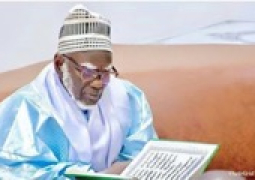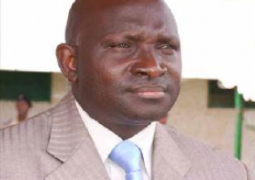
Speaking during the commemoration of the World Population Day, she said: “With an estimated population of 8 billion in November 2022, an increase of about 14% from the world population of 7 billion in 2011, The Gambia’s population during the same period is estimated to increase by 38%.”
She said The Gambia like other countries in the sub-region has a youthful age structure, with those below 15 years making up 44% of the Population. This, she said can be either a burden of a future asset to the state depending on the kinds of investment of the country right now to harness this population into an opportunity or a productive human capital for economic growth and development.
According to UNFPA, for countries like The Gambia, “sustainable development can only be achieved through investing in adolescents and youths at levels that guarantee their rights and choices”.
Director Fanneh agreed there is a need for more investment in adolescents and youth to ensure an end to early pregnancy and child marriage, which have the potential to disrupt the development of adolescents into adulthood.
According to the DHS 2019/2020, in The Gambia, overall 14% of women aged 15-19 years have begun childbearing; rural teenagers 20% versus their urban teenagers 11%; early childbearing among teenagers is most common in Kuntaur (29%); teenagers with no education (36%), primary education (21%), secondary education or higher (6%); early childbearing decreases with increasing wealth. Among those in the highest wealth quintile, it is 6% while it is 22% among women in the lowest wealth quintile.
However, she said “early childbearing leads to unsafe abortion and death of both the mother and unborn child. From the DHS 2019-2020, there is an observed relationship between early child bearing, levels of under-five mortality and fertility.”
Mrs. Fanneh reaffirmed that government is cognizant of the importance of empowering adolescent girls and young women and the achievement of gender equality. She noted with support from UNFPA government has launched the new Education Plus Initiative.
Meanwhile, she said even though this means stakeholders’ interventions are paying dividend but more needs to be done to bridge the gap and surmount the challenges against putting an end to teenage pregnancy giving its health and socioeconomic implications.
Read Other Articles In Headlines





